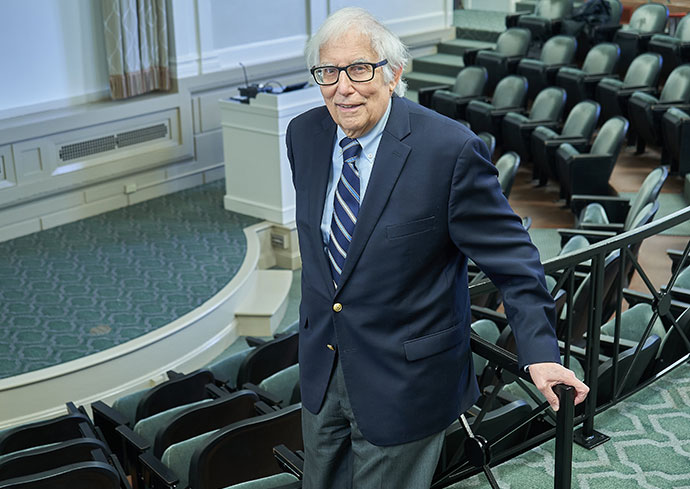Faculty, Staff Invited to Participate in This Year’s ‘On My Own Time’ Celebration
The University is pleased to announce its participation in “On My Own Time”—a celebration of local visual arts that highlights the often-unsung artists who create art on their own time. This year is the 51st anniversary of this program, organized…


